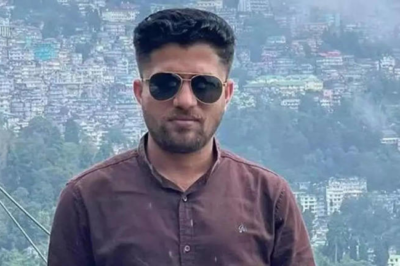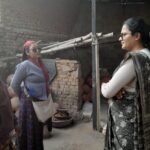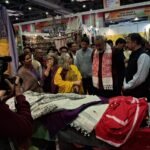The brutal murder of journalist Mukesh Chandrakar in Chhattisgarh’s Bijapur district has sent shockwaves through India’s media community, raising concerns about press freedom and safety. Chandrakar’s body was discovered on January 3, stuffed in a septic tank. Authorities have since arrested three suspects, but the incident has prompted Indian media organizations to demand a thorough investigation into the killing and stronger protections for journalists working in conflict-prone areas.
Details of the Incident
Mukesh Chandrakar, a local journalist known for his fearless reporting on corruption and governance issues, went missing days before his body was found in Bijapur. Preliminary investigations suggest that his murder may have been linked to his work, as Chandrakar had reportedly received threats from individuals unhappy with his reporting.
Police have apprehended three individuals in connection with the case, but authorities have yet to confirm the motive behind the crime. Forensic teams are analyzing evidence, and investigators are questioning the suspects to uncover the circumstances leading to Chandrakar’s death.
Media Bodies Call for Justice
Indian media organizations and journalist unions have strongly condemned the murder, describing it as an attack on press freedom. The Editors Guild of India and the Press Club of India have issued statements demanding swift justice and a transparent investigation.
In a joint appeal, these bodies emphasized the need for protecting journalists, particularly those operating in regions like Chhattisgarh, where insurgency and corruption often create hostile environments for media professionals. “This heinous act underscores the vulnerabilities faced by journalists. The government must take immediate steps to ensure their safety and uphold press freedom,” the statement read.
Challenges of Reporting in Conflict Zones
Chhattisgarh, particularly districts like Bijapur, is known for its ongoing conflicts involving Maoist insurgents and security forces. Journalists in the region often find themselves navigating a dangerous landscape, where reporting on sensitive issues can invite threats or violence.
Chandrakar’s death highlights the risks faced by reporters who expose local corruption or question powerful entities. With limited resources and minimal institutional support, many journalists in these areas operate under constant fear of reprisal.
Government and Police Response
The Chhattisgarh government has assured the public of a thorough investigation. Chief Minister Bhupesh Baghel condemned the murder and instructed local authorities to expedite the probe. Police officials have stated that they are treating the case as a high priority and are committed to bringing the perpetrators to justice.
However, critics argue that more proactive measures are needed to protect journalists. Advocacy groups have called for the implementation of journalist protection laws and the establishment of mechanisms to address threats against media personnel.
Implications for Press Freedom
The murder of Mukesh Chandrakar underscores the ongoing challenges to press freedom in India. According to global press freedom indices, India has faced criticism for declining safety standards for journalists, with increasing instances of harassment, intimidation, and violence against media workers.
This case serves as a stark reminder of the need to safeguard journalists and ensure an environment where they can work without fear. Strengthening protections for media professionals is not just about individual safety; it is vital for maintaining democratic values and accountability.
Conclusion
The murder of Mukesh Chandrakar has cast a spotlight on the perils of journalism in conflict-prone regions like Chhattisgarh. As investigations continue, the incident highlights the urgent need for systemic changes to protect journalists and uphold press freedom in India. The media community and civil society must work together to ensure justice for Chandrakar and create a safer environment for those who risk their lives to report the truth.








Leave a Reply